Biden-Putin summit: Why Geneva?
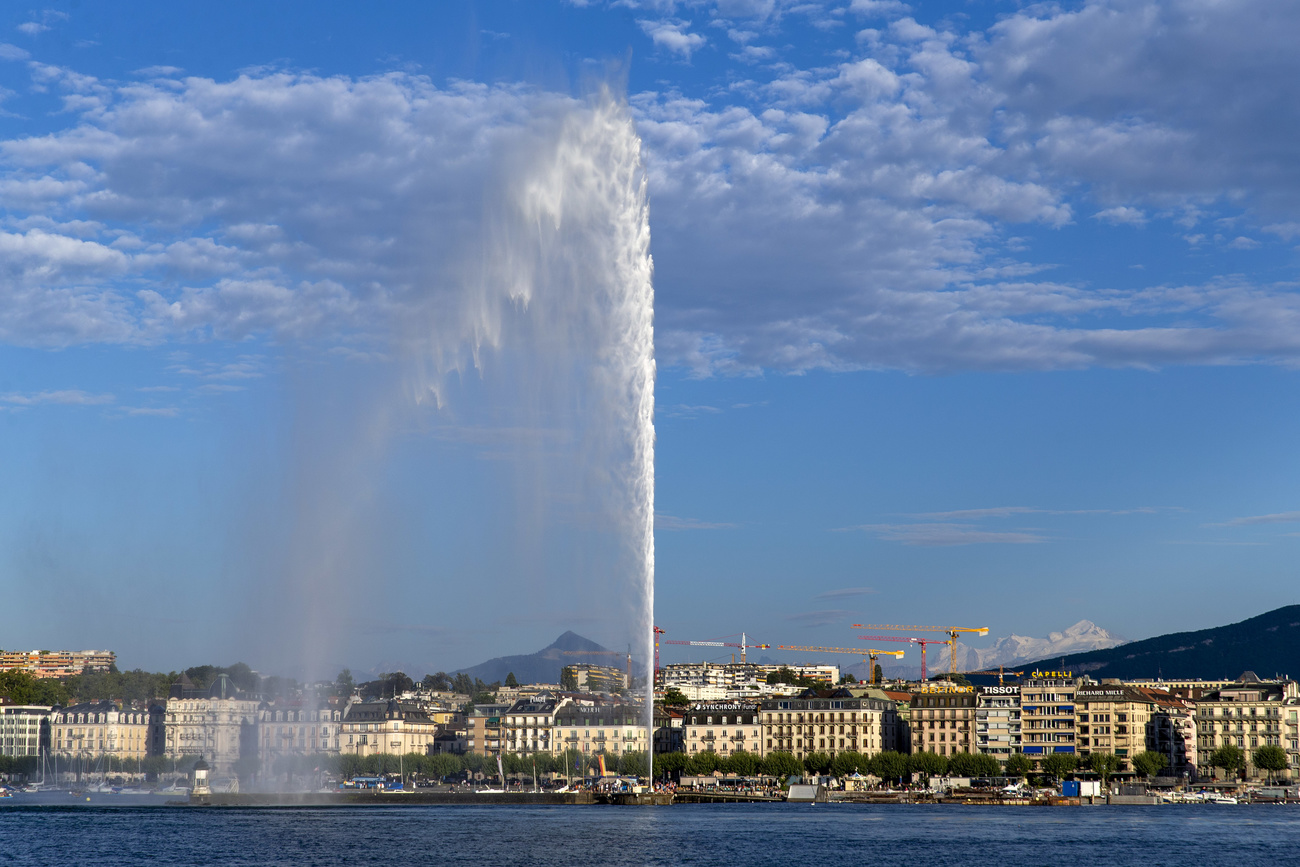
US President Joe Biden and Russian President Vladimir Putin are to meet for a crisis summit on June 16 in the Swiss city of Geneva. What swayed their choice of venue?
This will be the first top-level US-Russia meeting in Geneva since the Reagan-Gorbachev summit in November 1985 and is being hailed as a diplomatic success for Switzerland. When choosing a summit venue for such a sensitive and high-profile event, there are three main criteria.
First, the infrastructure. As the second-most important UN seat after New York, Geneva unquestionably has the necessary facilities. Russia and the US also maintain large missions in Geneva, complete with lavishly funded secret service departments. And finally, the security experts from Moscow and Washington know the local conditions – an advantage when it comes to protecting the two leaders.
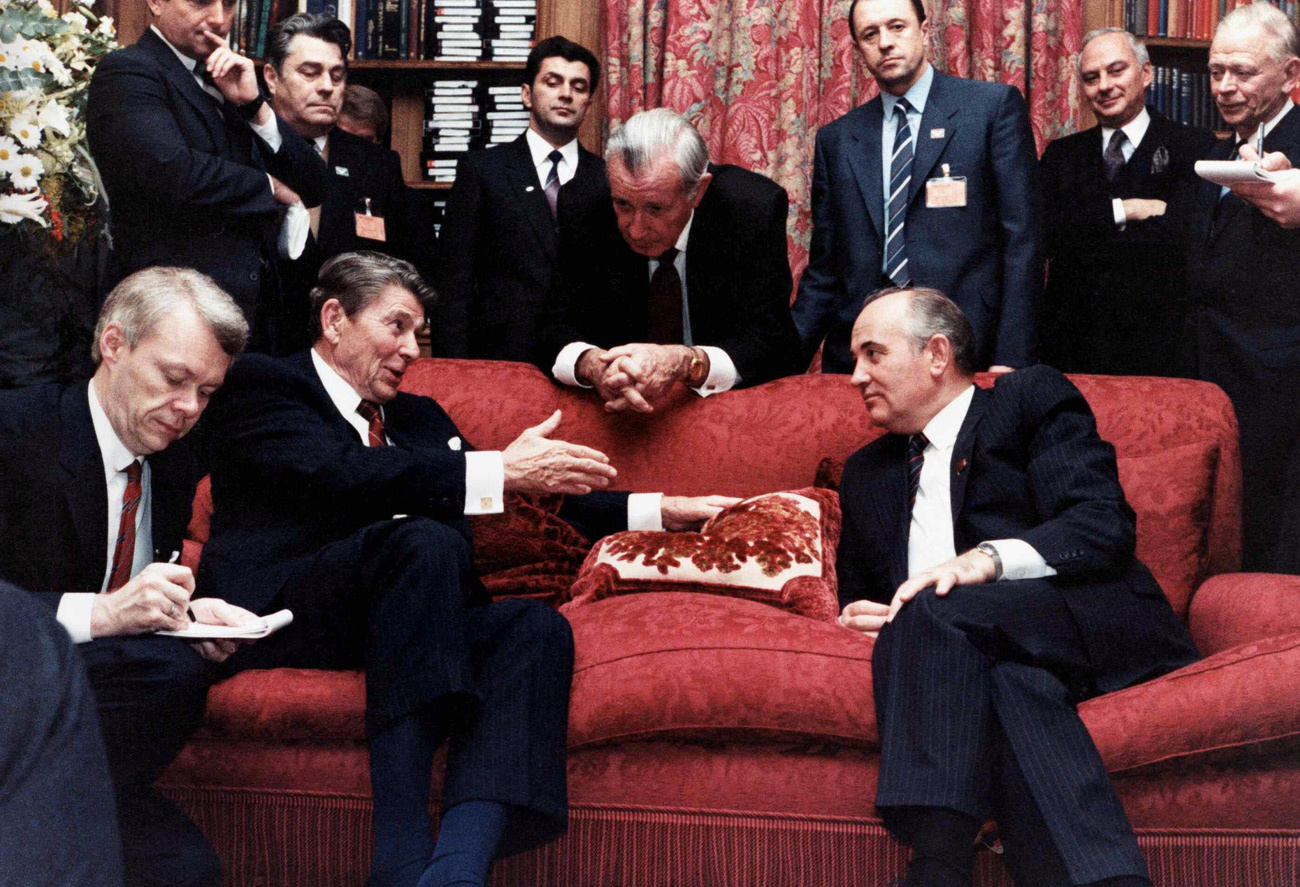
More
The Geneva Summit
Second, it is about the signal one wants to send. A Biden-Putin meeting in the US or Russia was out of the question this time. Relations are too bad for one or the other to accept an invitation to “enemy territory”. A NATO state was not on the cards this time – unlike, for example, the summit in Prague between Barack Obama and Dmitry Medvedev in 2010. The Russians are also likely to have rejected Helsinki this time, as Finland is working increasingly closely with NATO. Under the current circumstances, neutral Switzerland was therefore an obvious choice.
Third, bilateral relations between the summit participants and the host country play a role. Switzerland is well-liked by the Kremlin, especially since it has not joined Western sanctions against Russia. And from the US point of view nothing spoke against Switzerland this time. The difficult times are gone when Holocaust funds and banking secrecy poisoned the bilateral climate. And so too is the time under George W. Bush when Washington thought Swiss foreign policy was too pro-Palestinian and too pro-Iranian.
In short, neither Moscow nor Washington had anything against Geneva. And if the “spirit of Geneva” often cited in the past could be revived a little, everyone would gain.
Visibility for Switzerland
For Switzerland, playing host represents a diplomatic coup. It wants to be a peacemaker not only behind the scenes but also to be visible from time to time. Many important conferences are still taking place in Geneva, with talks for Syria, Yemen, Libya and recently Cyprus being held at UN headquarters there. However, these talks have had limited success and limited visibility, and the really big meetings have often taken place elsewhere.
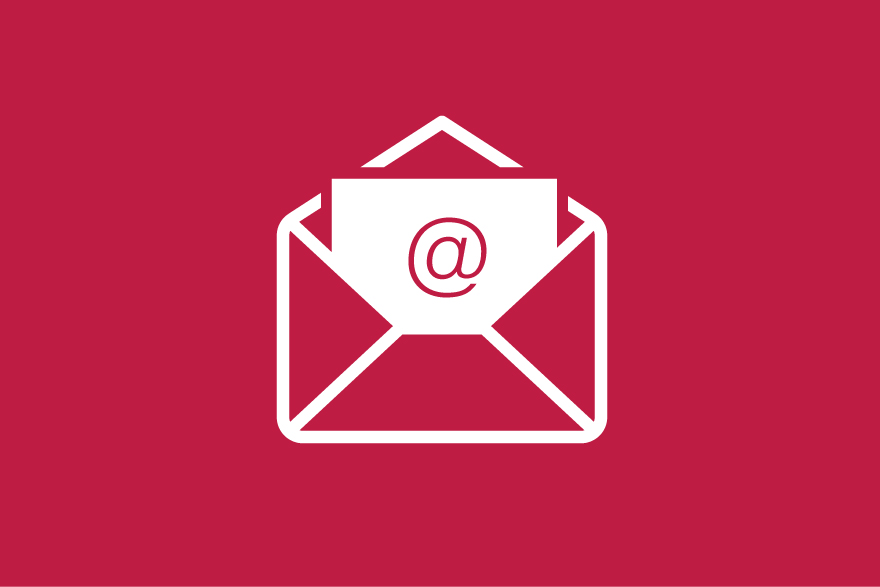
More
Newsletters
In recent decades, Russian-US summits have taken place in Reykjavik, Washington, Moscow, Vancouver, Helsinki (twice), Ljubljana, Bratislava and Prague, but not in Geneva for a good 35 years. The breakthrough in the nuclear agreement with Iran took place in Vienna in 2015. Donald Trump met Kim Jong-un in Singapore.
Long awaited
International Geneva has long hoped for a top-level meeting, and the Swiss government has been working towards it. This has now been achieved once again, strengthening Geneva’s role as a diplomatic hub. This is important because the competition is fierce.
Such summits usually provide an opportunity for tête-à-têtes with participants. Guy Parmelin, who holds the rotating Swiss presidency this year, should therefore get the chance to present Swiss concerns. Just to have the ear of Biden and Putin is not an everyday occurrence for a small country like Switzerland.
Adapted from German by Julia Crawford
Gsteiger is diplomatic correspondent and deputy editor-in-chief at Radio SRF. Before joining the Swiss public radio station, he was foreign editor at the St. Galler Tagblatt, Middle East editor and Paris correspondent for Die Zeit and editor-in-chief of Weltwoche.

In compliance with the JTI standards
More: SWI swissinfo.ch certified by the Journalism Trust Initiative









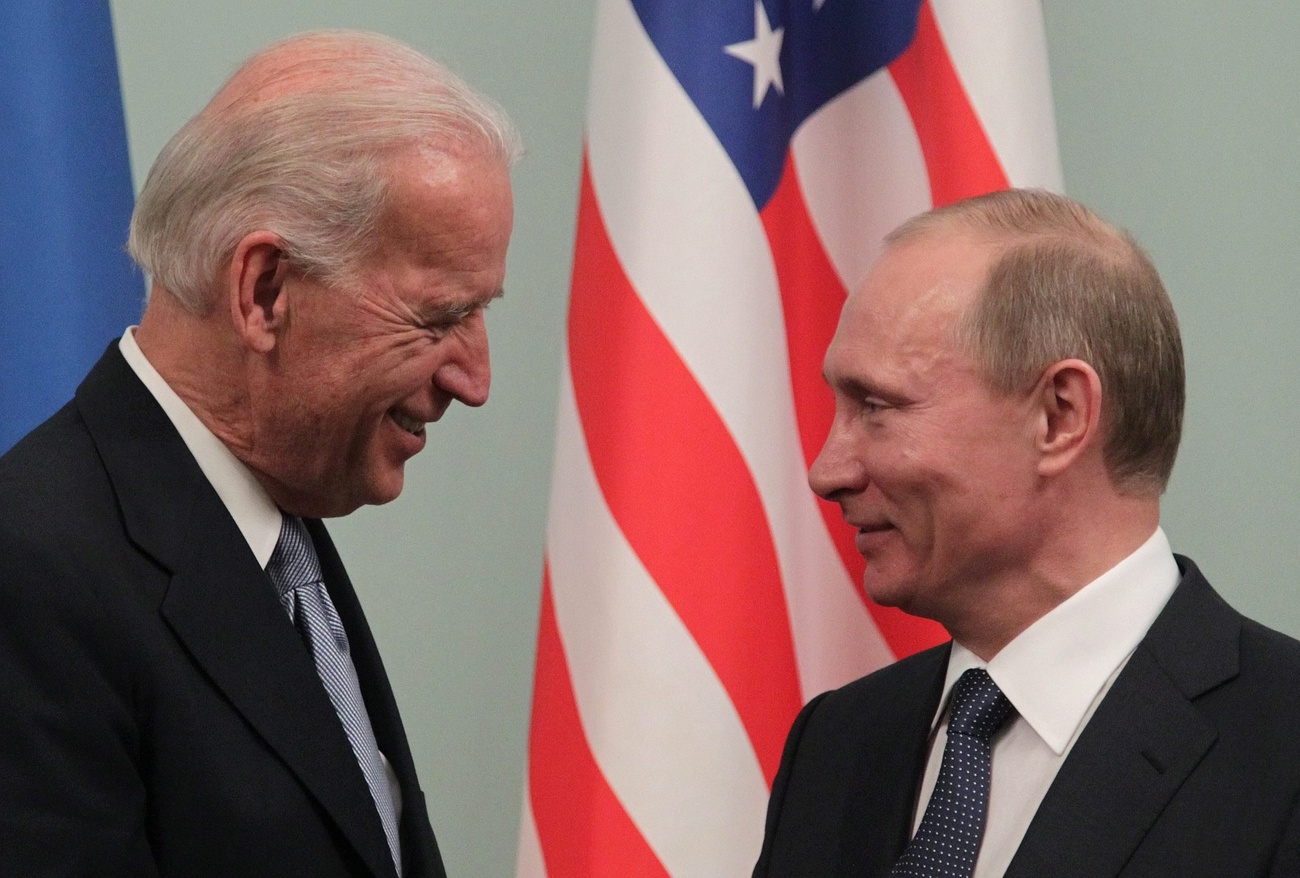
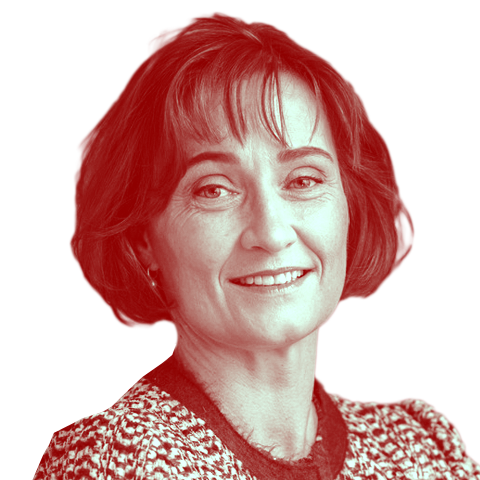
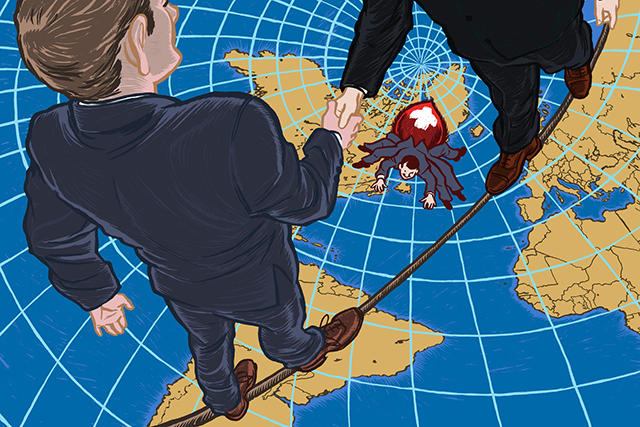
You can find an overview of ongoing debates with our journalists here . Please join us!
If you want to start a conversation about a topic raised in this article or want to report factual errors, email us at english@swissinfo.ch.